Econoshock 2.0 (2013)
Gênero : Documentário
Runtime : 3H 20M
Sinopse
Documentary about the six shocks that will change the world

Com uma abordagem científica, o documentário traz uma das questões mais críticas atualmente: a segurança alimentar. As discussões retratam os alimentos transgênicos, ou seja, geneticamente modificados e o desafio que é sustentar a população mundial, que cresce cada dia mais.
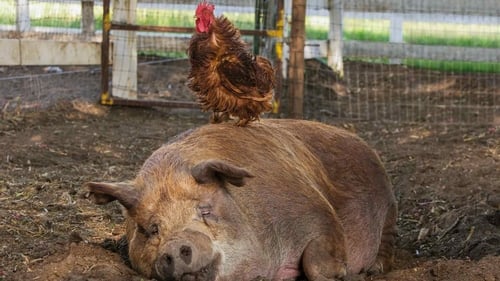
O documentarista John Chester e sua esposa Molly trabalham para desenvolver uma fazenda sustentável em 200 acres fora de Los Angeles. .
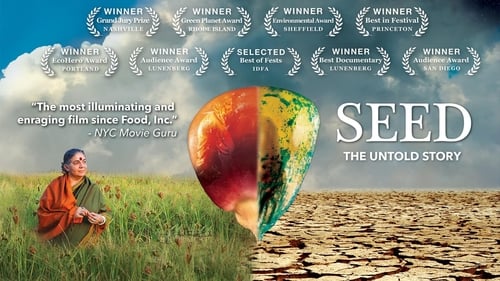
A História não contada. Este documentário fala sobre o lobby que grandes empresas fazem para vender suas sementes modificadas e o desaparecimento das sementes crioulas.
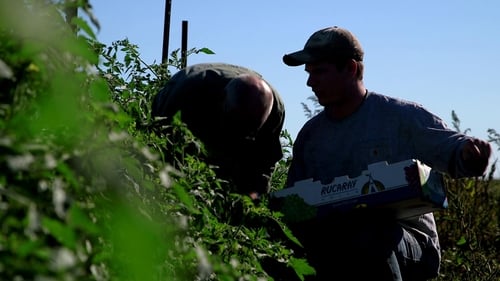
This film weaves together expert analysis of America's food and farming system with a powerful narrative of one extraordinary farmer who is determined to create a sustainable future for his community.

Off-grid is not a state of mind. It is not about being out of touch, living in a remote place, or turning off your mobile phone. Off-grid simply means living without a connection to the electric and natural gas infrastructure. From 2011 to 2013 Jonathan Taggart (Director) and Phillip Vannini (Producer) spent two years travelling across Canada to find 200 off-gridders and visit them in their homes. -

Since World War II North Americans have invested much of their newfound wealth in suburbia. It has promised a sense of space, affordability, family life and upward mobility. As the population of suburban sprawl has exploded in the past 50 years Suburbia, and all it promises, has become the American Dream. But as we enter the 21st century, serious questions are beginning to emerge...

Director John Webster convinces his wife and two small children that the whole family should go on an oil diet, yet without having to give up their a middle class suburban lifestyle. All the everyday things that we don't do, or that we can't help doing, make up recipes for disaster. In this comedy of errors they find themselves questioning their values and putting to test their will power and ultimately, their happiness.

Over 2 billion people on earth eat insects for protein. The Gateway Bug explores how changing daily eating habits can feed humanity in an uncertain age, one meal at a time.

In search of a simpler life, a young couple returns home to Alabama where they set out to eat the way their grandparents did – locally and seasonally. But as they navigate the agro-industrial gastronomical complex, they soon realize that nearly everything about the food system has changed since farmers once populated their family histories. A thoughtful and often funny essay on community, the South and sustainability, “Eating Alabama” is a story about why food matters.

What was once the "Island of Calm" is now on the verge of collapse. Multiple alarm bells are starting to ring. Is this model of tourism sustainable? Could Mallorca become a reference for so many other places suffering from the same problem?

The environmental problems caused by fracking in America have been well publicized but what's less known are the gas industry's plans for expansion in other countries. This investigation, filmed in Botswana, South Africa and North America, reveals how gas companies are quietly invading some of the most protected places on the planet.

Real Value is an award-winning economics documentary that delivers a refreshing meditation on how business can be used to create value beyond profit; connecting motivational stories from social entrepreneurs working in agriculture, apparel, insurance, and biofuel, with the captivating science behind our perception of value from world-renowned professor of psychology and behavioral economics, Dan Ariely. The film serves as inspiration for any business owner, entrepreneur, or customer who is looking to better understand what happens when a business puts people, planet, and profit on equal footing.

In Transition 2.0 is an inspirational immersion in the Transition movement, gathering stories from around the world of ordinary people doing extraordinary things. You’ll hear about communities printing their own money, growing food everywhere, localising their economies and setting up community power stations. It’s an idea that has gone viral, a social experiment that is about responding to uncertain times with solutions and optimism. In a world that is awash with gloom, here is a story of hope, ingenuity and the power of growing vegetables in unexpected places.

Mini-documentary about a man on a mission: to get rid of all the plastic in the oceans. To raise awareness for his mission he tried to kitesurf from The Netherlands to England, on a board made from disposed PET-bottles.
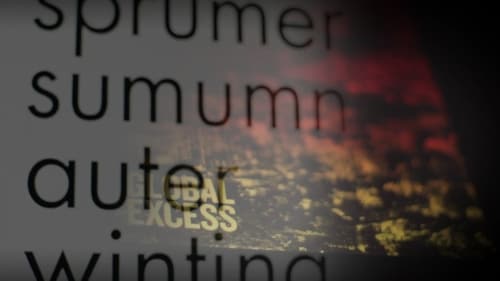
A short documentary illustrating how art can influence public perception towards environmental issues. Green Patriot Posters is a highly acclaimed multimedia design campaign that challenges artists to deepen public understanding and ignite collective action in the fight against climate change. So far, it has reached five million people through print media, public space and digital culture. The film features interviews with key Green Patriot Posters contributors (Shepard Fairey, Michael Bierut, DJ Spooky, Mathilde Fallot) and its founders (The Canary Project, Dmitri Siegel).

This documentary looks at the stories that take place around a unique 1.5 kilometre long bamboo bridge that for generations has been built every year following the rhythms of nature across the Mekong River to join the rural community of Koh Paen to the city of Kampong Cham in Cambodia.

Será que o Acre existe? Assim muitos brincam sem saber os riscos e as tensões enfrentadas por esse estado brasileiro que tem em si um dos maiores e mais ameaçados patrimônios da humanidade: a Amazônia.

Waste Not is a film about where your garbage goes, who sorts it for you, and what it is worth if it isn't just tossed into landfill. It's easier and cheaper to retrieve gold from old computers for instance, than to dig it up. Organics can be used to create fertiliser and green electricity and yet each Australian sends half a tonne of food waste to landfill each year where it is contaminated with chemicals and e-waste. We recycle only 50% of all our waste. There is an alternative to environmental apocalypse and we don't have to wait for the politicians to make it happen. All we really need to do is be creative and use our imaginations to turn this waste into wealth again. Waste Not talks to scientists, workers at waste depots, environment campaigners, gardeners and even a famous chef about how easy it is to save the planet by simply recycling properly.

Documentary about human impact on the world.
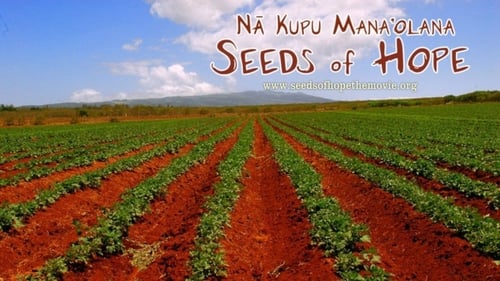
A look at food security in the Hawaiian islands

















